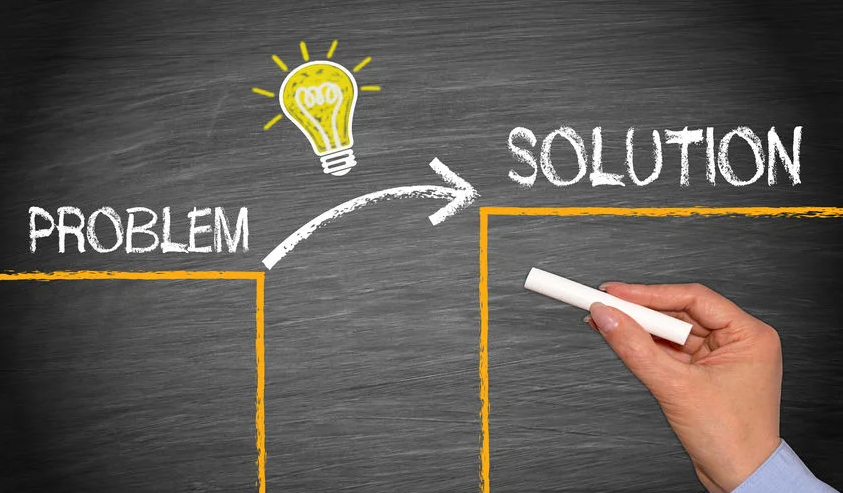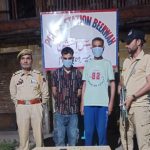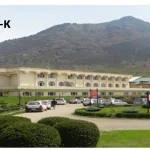In a world filled with challenges, uncertainties, and complexities, one universal truth stands out: knowledge solves problems. From personal dilemmas to global crises, the acquisition and application of knowledge have consistently proven to be the most effective tool for overcoming obstacles. This article explores how knowledge empowers individuals, drives innovation, and transforms societies.
The Foundation of Problem-Solving
At its core, problem-solving is the process of identifying an issue and devising a solution. However, without knowledge, this process becomes nearly impossible. Knowledge provides the framework for understanding the root causes of problems, evaluating potential solutions, and implementing effective strategies. Whether it’s solving a mathematical equation, addressing a health crisis, or resolving a conflict, knowledge is the key that unlocks the door to solutions.
For example, in the field of medicine, doctors rely on years of study and research to diagnose and treat illnesses. Without their knowledge of anatomy, physiology, and pharmacology, they would be unable to save lives. Similarly, engineers use their understanding of physics and mathematics to design bridges, buildings, and technologies that improve our quality of life.
Knowledge Drives Innovation
Innovation is the result of applying knowledge in creative and practical ways. Every technological advancement, scientific discovery, and societal improvement stems from someone’s ability to harness and apply knowledge. Consider the development of renewable energy sources like solar and wind power. Scientists and engineers used their knowledge of physics, engineering, and environmental science to create sustainable alternatives to fossil fuels, addressing the global problem of climate change.
Moreover, knowledge fosters critical thinking and curiosity, which are essential for innovation. When individuals are equipped with knowledge, they are more likely to ask questions, challenge assumptions, and explore new possibilities. This mindset leads to breakthroughs that solve problems and push humanity forward.
Knowledge Transforms Societies
On a broader scale, knowledge has the power to transform entire societies. Education, the primary means of disseminating knowledge, plays a crucial role in reducing poverty, promoting equality, and fostering economic growth. When people are educated, they are better equipped to make informed decisions, advocate for their rights, and contribute to their communities.
For instance, the spread of knowledge about hygiene and sanitation has significantly reduced the prevalence of diseases in many parts of the world. Similarly, financial literacy programs empower individuals to manage their money wisely, breaking the cycle of poverty and improving their quality of life.
The Role of Lifelong Learning
In a rapidly changing world, the importance of lifelong learning cannot be overstated. Knowledge is not static; it evolves as new information becomes available. To solve modern problems, individuals and societies must commit to continuous learning and adaptation. This means staying informed about current events, embracing new technologies, and being open to diverse perspectives.
Lifelong learning also fosters resilience. When faced with unexpected challenges, knowledgeable individuals are better equipped to adapt and find solutions. For example, during the COVID-19 pandemic, scientists and healthcare professionals relied on their knowledge and research to develop vaccines in record time, saving countless lives.
Knowledge Comes from Within
While much of our knowledge is acquired through external sources like education, books, and experiences, knowledge also comes from within. It is the result of introspection, self-awareness, and the ability to connect with our inner wisdom. This internal knowledge, often referred to as intuition or insight, plays a vital role in decision-making and problem-solving. It allows us to tap into our unique perspectives, values, and experiences to find solutions that resonate with our true selves.
For instance, a leader may rely on their inner knowledge to make ethical decisions in challenging situations, even when external advice is conflicting. Similarly, an artist may draw from their inner creativity to produce work that inspires and moves others. Recognizing and nurturing this internal source of knowledge enhances our ability to solve problems authentically and effectively.
Creativity Creates Knowledge
Creativity creates knowledge. It is through creative thinking that new ideas, concepts, and solutions are born. When we think outside the box, experiment, and explore uncharted territories, we generate knowledge that did not previously exist. Creativity transforms abstract thoughts into tangible insights, leading to discoveries that solve problems and advance human understanding.
For example, the invention of the internet was a creative leap that revolutionized the way we access and share knowledge. Similarly, artistic expressions like literature, music, and visual arts create new ways of understanding human emotions, cultures, and experiences. Creativity is not just a byproduct of knowledge; it is a driving force that expands the boundaries of what we know and what we can achieve.
Challenges to Accessing Knowledge
While knowledge is a powerful problem-solving tool, access to it is not universal. Socioeconomic disparities, lack of education, and information barriers prevent many people from acquiring the knowledge they need to solve their problems. Addressing these challenges requires collective effort, including investment in education, the promotion of open access to information, and the creation of inclusive learning environments.
Technology has played a significant role in bridging this gap. The internet, for instance, has made vast amounts of knowledge accessible to people around the world. However, it is essential to ensure that this knowledge is accurate, reliable, and available to all.
Conclusion
Knowledge is the cornerstone of problem-solving. It empowers individuals, drives innovation, and transforms societies. In a world where challenges are inevitable, the pursuit of knowledge is not just a personal endeavor but a collective responsibility. By prioritizing education, embracing lifelong learning, and ensuring equitable access to information, we can harness the power of knowledge to solve problems and create a better future for all.
As the saying goes, “Knowledge is power.” Indeed, it is the power to understand, to innovate, and to overcome. Let us continue to seek, share, and apply knowledge—both from external sources and from within—and recognize the role of creativity in generating new knowledge to tackle the challenges of today and tomorrow.
(Author is a student of Management Studies at Cluster University Jammu)








